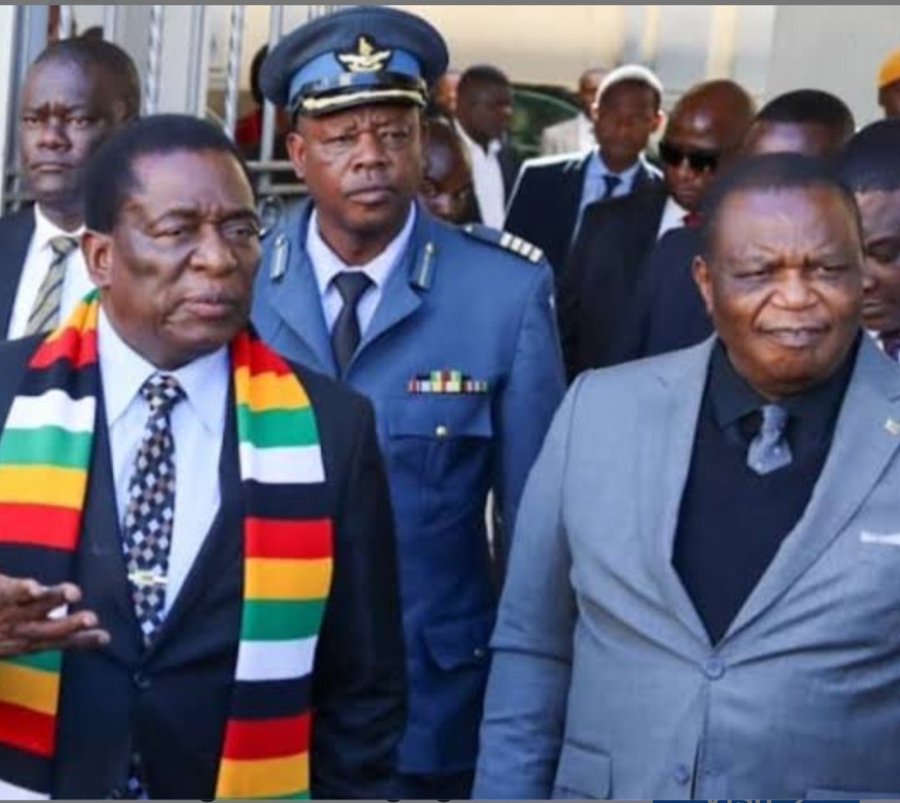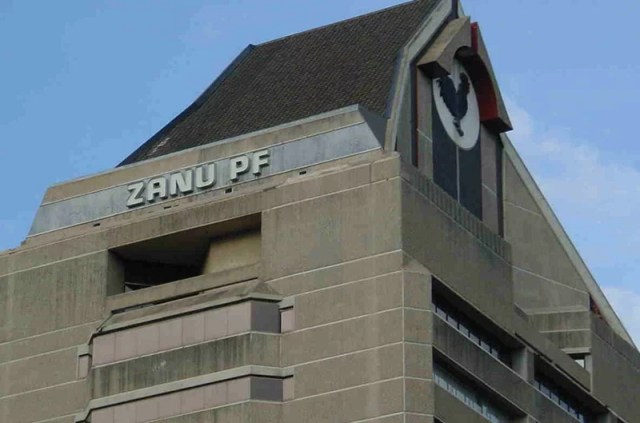ZIMBABWE’S JUDICIARY FACES SERIOUS PROBLEMS

In Zimbabwe, there is a growing problem in the judicial system. Even though there are some highly skilled judges, there are others who are not qualified. Some people have managed to get positions as judges through dishonest ways. These people do not have the right skills or ethics to be in these important jobs. This is a big problem because it raises questions about the fairness of how judges are chosen. It also affects the way the judiciary works, which is supposed to protect the law and human rights.
Judges are very important in any democracy. They do not only help explain laws, but they also protect people’s rights and make sure there is balance in the government. A judge makes sure that trials are fair and that people can trust the legal system. It is very important that judges work without political interference. When judges are not qualified, it hurts the whole system. It also hurts democracy itself because people rely on judges to make fair decisions.
In Zimbabwe, some of these judges were not good enough to pass their interviews. Their poor performances show that they are not fit for the job. Still, they found a way to become judges through secretive methods. This shows that merit is not always what gets someone the job. Instead, things like connections, nepotism, and favoritism sometimes play a role.
This problem is serious because it has many bad effects. First, people lose trust in the judiciary. If citizens see that unqualified people can become judges, they stop believing in the fairness of the courts. They start thinking that rulings and decisions are not fair or impartial. This makes the whole system look weak and unfair. Second, the quality of the judiciary goes down. Judges who get their jobs because of political connections are more likely to make biased decisions. They may not follow the law correctly and might make decisions to please the people who helped them get the job.
These judges also struggle with difficult legal problems. Because they lack the skills, they often make wrong decisions. They might misread the law or make unfair rulings. This can hurt people’s rights and make the legal system weaker. The law also fails to grow and change to deal with new problems in society because these judges cannot keep up. This hurts the country as a whole because people need the law to change and grow with them.
There are also accusations of corruption and unpaid debts among some judges. This makes things even worse. It makes people doubt the judges’ ability to be fair and neutral. It shows that Zimbabwe needs a judicial system that is truly independent. The judiciary should not be controlled by politics or money. Judges must be free to make decisions based only on the law and nothing else.
To fix this problem, Zimbabwe must reform the way judges are chosen. There needs to be a clear and fair process for selecting judges. The vetting process should be strict, and political interference should not be allowed. The system must be transparent so that people can trust it again. Only the best and most honest people should become judges. They need to be qualified, skilled, and ethical.
As Zimbabwe faces many political and social challenges, the judiciary must be strong. It is very important to clean up the judiciary and remove corruption and mediocrity. This is the only way to make sure that judges can do their jobs properly. The judiciary has a big role to play in protecting rights, ensuring justice, and helping the country move forward. Zimbabwe needs a judiciary that people can trust, and it is time to make that happen.

